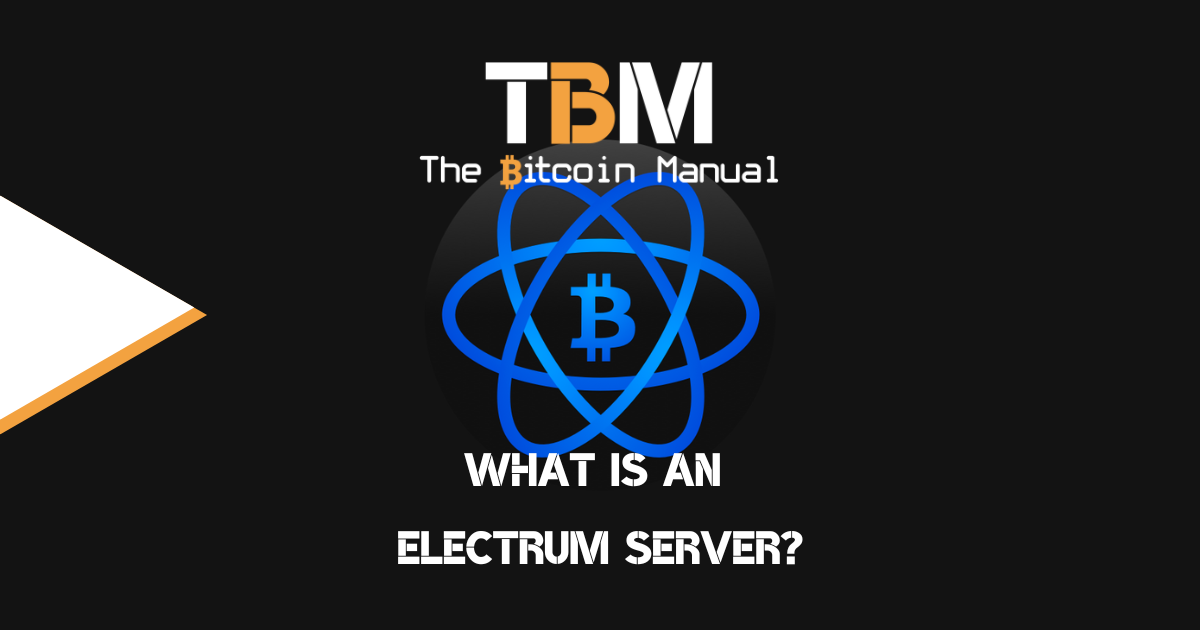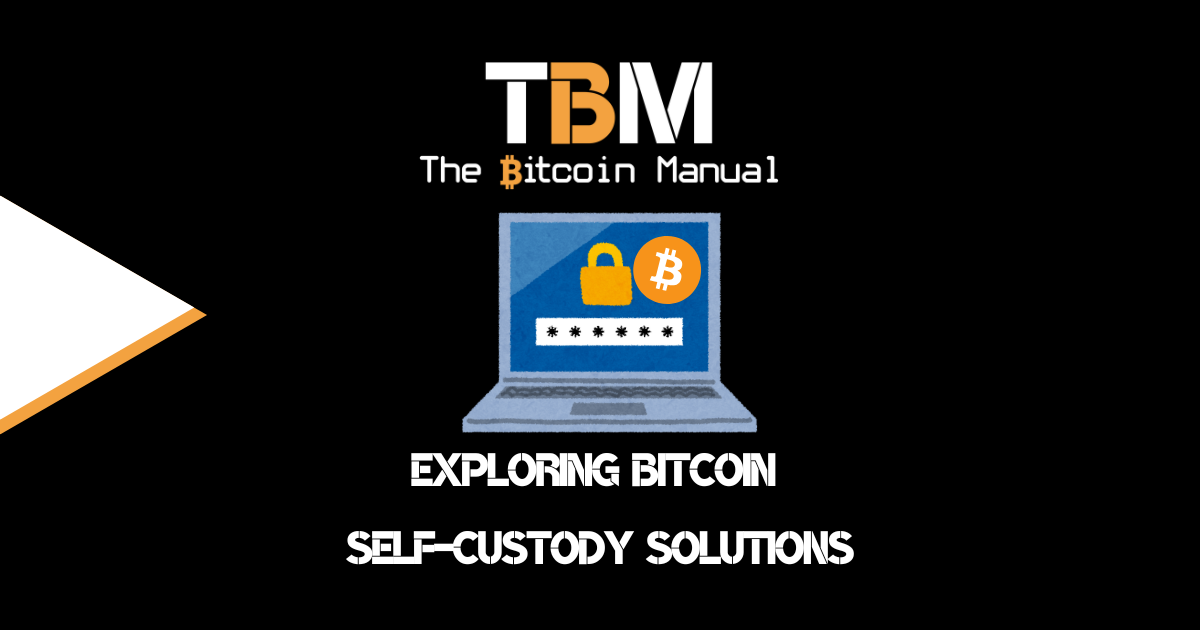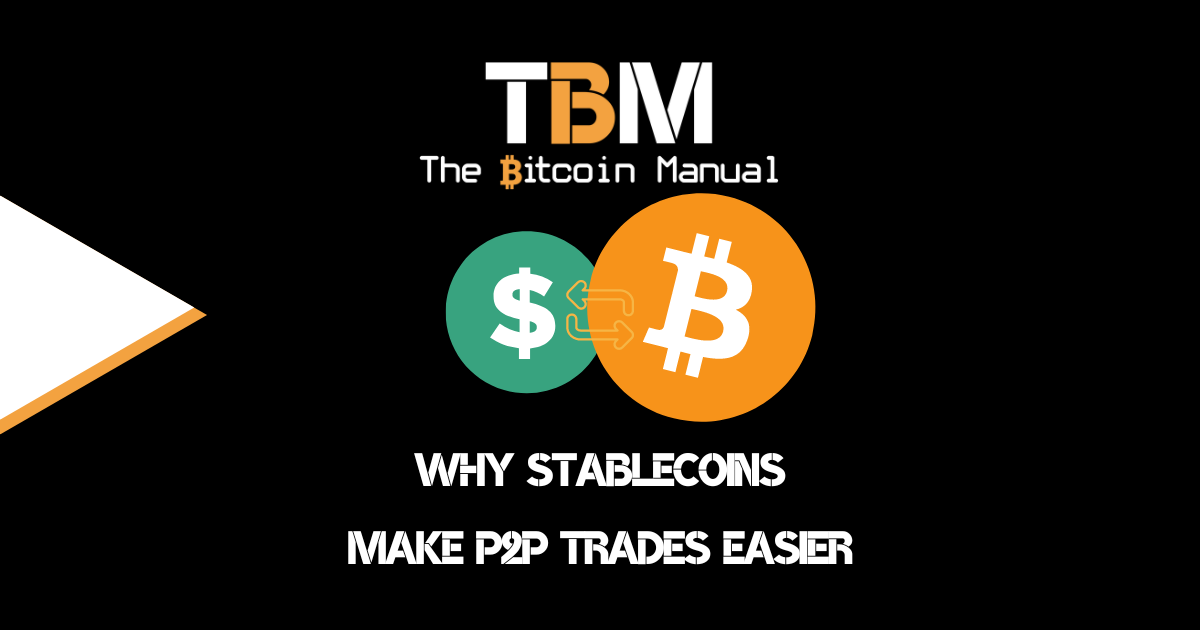Running your own Bitcoin node is the best way to grasp the Bitcoin experience and what is involved in managing your own money. It eliminates custodians and intermediaries and gives you the highest level of security possible since you’re interacting directly with the chain.
While many first-time Bitcoiners are rightly concerned with the movement of funds and what they see on the screen, they fail to appreciate what goes on in the background and how exactly Bitcoin ownership works.
When you use a light wallet or a third-party node, you are trusting that those nodes are not malicious and that they are reporting accurate information about the Bitcoin network. However, if you run your own node, you can verify the validity of transactions and block yourself without relying on anyone else.
Running your own Bitcoin node also makes you more resistant to censorship. If a government or other entity tries to block access to the Bitcoin network, these entities can easily block access to third-party nodes. Still, if you’re connected directly, it becomes much harder to enforce censorship.
While running a node is important, it does require you to offer up a dedicated device like a node in a box or using an old laptop or virtual machine to run. You would need to download the entire blockchain, maintain a copy and keep it synchronised with new blocks for your node to be effective.
Why The Need for an Electrum Personal Server?
When you spin up your node, you will have to start by running Bitcoin Core and downloading a copy of the blockchain. While full nodes are the most secure, they are also more resource-intensive, requiring hundreds of gigs and growing each year. This can take days to fully sync and require a significant amount of bandwidth each month to maintain, along with the CPU power needed to validate all transactions and blocks on the network.
If you’ve gone through all that effort, you’ll want to make use of it, and that’s where having an Electrum server comes into play. An Electrum Personal Server (EPS) is a lightweight server that allows you to connect your Electrum wallet to your own full node.
This gives you the benefits of using a full node, such as increased security and privacy, without having to download the entire Bitcoin blockchain. EPS is a fork of the ElectrumX server, but it has been modified to be more lightweight and efficient.
It only tracks the user’s own wallets, so it does not need to create a database of every transaction and address ever used on the Bitcoin blockchain. This makes it much more efficient with resources and does not need extra data files.
EPS is also compatible with Bitcoin Core’s pruning feature, which allows you to delete old blocks from your full node without affecting your ability to use it. This can further reduce the resources required to run EPS.
If you’re running a node in a Box like Umbrel, you’ll be automatically prompted to install Electrum after you’ve added Bitcoin core so you can connect your node to the wallet of your choice.
What Is An Electrum Personal Server?
The Electrum Personal Server aims to be a resource-efficient, secure and private way to use Bitcoin with hardware and software wallets connected to full nodes. Electrum is a lightweight Bitcoin client based on a client-server protocol. It was released on 5 November 2011 by open-source programmer Christian Belcher, who is known for his contributions to JoinMarket.
Using this implementation of the Electrum server protocol, users seeking a full node connection can interact with all traditional Electrum wallet features while running a Bitcoin full node instead of downloading an Electrum server. Alternatively, they can use their Electrum server as a bridge between their node and a host of different mobile and desktop open-source wallets.
An EPS provides a user with several benefits, such as:
- Increased privacy: When you use EPS, your transaction history is not stored on a third-party server. This means that your privacy is better protected.
- Improved performance: EPS can be faster than using a remote Electrum server, especially if you have a fast internet connection.
- More control: When you run your own EPS, you have more control over your wallet. For example, you can choose which features to enable and disable.
- Performance: EPS can be faster than using a remote Electrum server, especially if you have a fast internet connection.
- Security: EPS can be more secure than using a remote Electrum server, as you are not reliant on a third-party service.
Decentralisation has its limitations.
The Bitcoin network remains the only significantly decentralised monetary network in the world, and for it to stay that way, improve, and be robust enough to resist attack, it relies on a security model where more individuals in the economy would run full node wallets, not thin clients or third party that are vulnerable to manipulation.
This way, legitimate Bitcoin transactions are always accurately verified by a large cohort of node runners and nefarious transactions are always rejected the moment they are broadcasted.
Running a full node also becomes more interactive when you begin to dabble in second-layer solutions built on top of Bitcoin, such as the Lightning Network or protocols that leverage Bitcoin.
Do your own research.
If you want to learn more about Electrum servers for Bitcoin, use this article as a jumping-off point and don’t trust what we say as the final say. Take the time to research, check out their official resources below or review other articles and videos tackling the topic.




